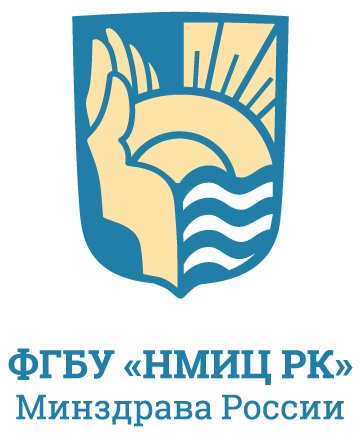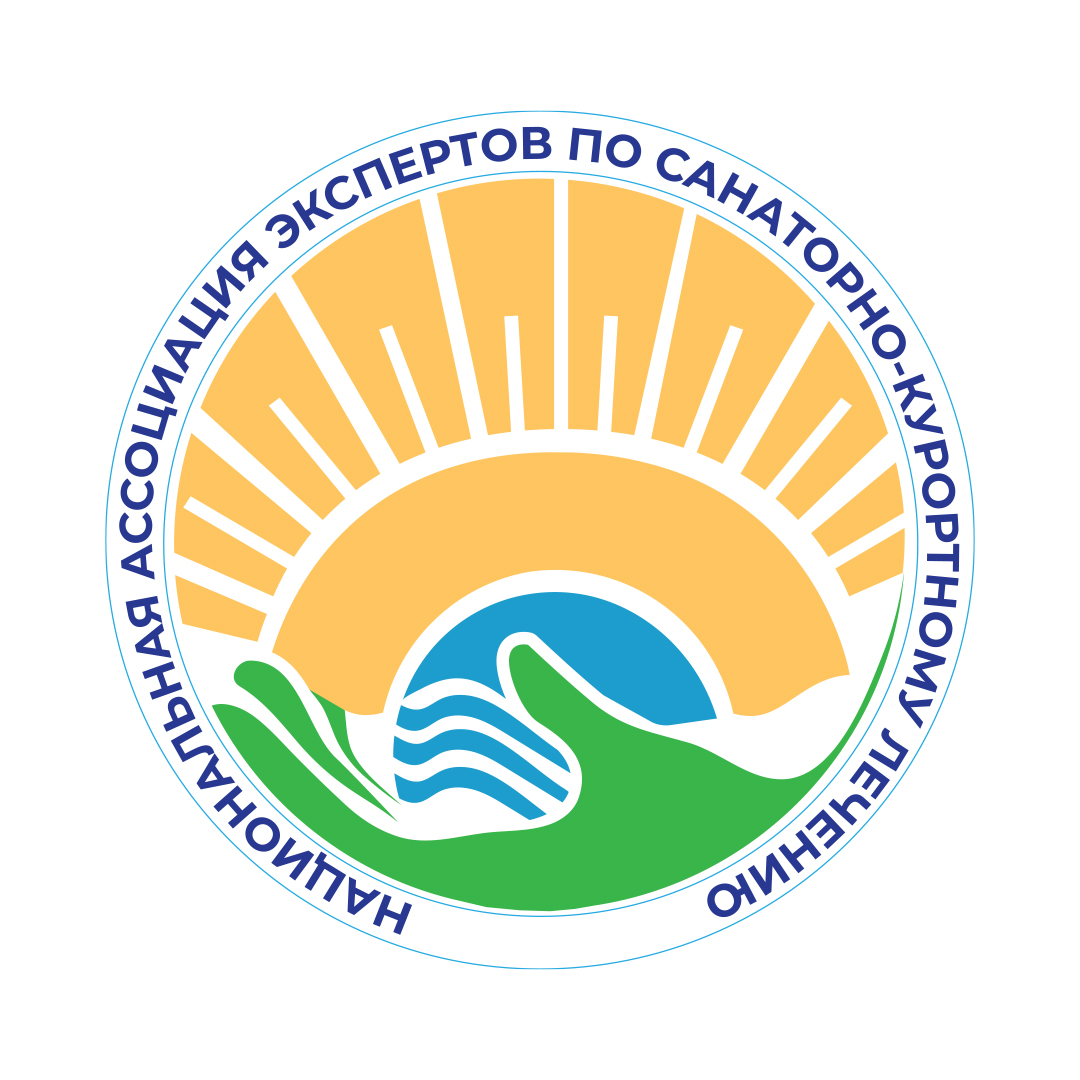Issue 3-21, 2022
Original article
Effectiveness of Medical Rehabilitation of Patients after a New Coronavirus Infection in a Day Hospital
1 ![]() Irina E.Mishina, 1
Irina E.Mishina, 1 ![]() Yulia V.Chistyakova, 1
Yulia V.Chistyakova, 1 ![]() Eugenia V.Pchelintseva, 1
Eugenia V.Pchelintseva, 1 ![]() Irina V.Mitryaeva, 1
Irina V.Mitryaeva, 1 ![]() Svetlana O.Fokicheva, 1
Svetlana O.Fokicheva, 1 ![]() Elena V.Berezina, 1
Elena V.Berezina, 1 ![]() Denis S.Bendin
Denis S.Bendin
1 Ivanovo State Medical Academy, Ivanovo, Russian Federation
ABSTRACT
Aim. To investigate the prevalence of clinical manifestations of post-coronavirus syndrome and evaluate the effectiveness of medicalrehabilitation course in patients after new coronavirus infection (COVID-19) in a day care hospital, taking into account the severity ofthe disease course.Material and methods. At the first stage of the study, 203 residents of the Ivanovo region (140 women and 63 men) aged 40 to 80years who had a new coronavirus infection, who had no more than one year since the onset of the disease, were surveyed on thebasis of the Ivanovo State Medical Academy (ISMA) of the Ministry of Health of Russia. For this purpose, “COVID-19 Yorkshire RehabilitationScreening (C19-YRS)” telephone screening questionnaire was used, developed by groups of rehabilitation therapists from thetraining medical centers of the National Health Service of Great Britain to identify multisystem functional disorders of patients whohave suffered a new coronavirus infection, and to address the need for rehabilitation intervention. At the second stage, 54 patients(38 women and 16 men) aged 29-81 years were examined, who were admitted to the 3rd stage of rehabilitation in the departmentof medical rehabilitation of patients with somatic diseases of the ISMA Clinic after suffering a new coronavirus infection COVID-19.Among them, 3 groups were formed depending on the severity of the infection: 16 patients with a mild course of the disease madeup the 1st group, 20 patients who had a moderate course of coronavirus infection – the 2nd group, 18 patients with a severe courseof COVID-19 – 3rd group.Results. The questionnaire showed that COVID-19 survivors had a multisystem decrease in functioning, which was maximally pronouncedduring the first month from the onset of the disease and did not return to the baseline level for 6-12 months. The most significantdisturbances occurred with patients who, due to the severity of the condition, were treated in a hospital. The most lastingsymptoms were impaired exercise tolerance and increased fatigue, which had a significant impact on daily life. In patients admitted forrehabilitation, functional impairments and disabilities were detected regardless of the severity of the course of the new coronavirusinfection (COVID-19). In patients with a mild course of infection, they were manifested mainly by decreased tolerance to physical load,frequent disorders of sleep function, emotions, volitional and motivational functions, in some patients – by mild disorders of respiratoryfunction and cognitive impairment in the form of reduced volume of cranio-temporal memory. In patients with moderate and severeCOVID-19, against the background of impaired exercise tolerance function, sleep function, emotions, volitional and motivational functions,we mainly detected moderate and pronounced respiratory disorders, cognitive disorders, which were manifested by decreasedshort-term memory and attention concentration, increased attention exhaustion, and bradyphrenia. The functional disorders detectedin patients primarily led to limitation of their mobility in the form of walking for long distances, ability to self-care and household activities,ability to work, which before the disease did not cause difficulties for patients. Study of the indexes in dynamics showed the effectivenessof rehabilitation measures in improving the functions, regardless of the severity of the course of coronavirus infection.Conclusion. The findings of the present study justify the necessity of early complex rehabilitation of patients by multidisciplinary rehabilitationteam taking into account individually detected functional impairment. Individual rehabilitation program should be developedfor each patient taking into account the revealed problems on the basis of problem-oriented approach.
KEYWORDS: medical rehabilitation, new coronavirus infection (COVID-19), post-COVID-19 syndrome, the severity of the course of the disease, International Classification of Functioning, Disability, and Health (ICF), multidisciplinary rehabilitation team, rehabilitation routing scale
FOR CITATION: Mishina I.E., Chistyakova Yu.V., Pchelintseva E.V., Mitryaeva I.V., Fokicheva S.O., Berezina E.V., Bendin D.S. Effectiveness of Medical Rehabilitation of Patients after a New Coronavirus Infection in a Day Hospital. Bulletin of Rehabilitation Medicine. 2022; 21(3): 9-23. https://doi.org/10.38025/2078-1962-2022-21-3-9-23
References:
- Temporary methodological recommendations. Prevention, diagnosis and treatment of new coronavirus infection (COVID-19). Version 12 (09.21.2021) (In Russ.).
- Temporary methodological recommendations. Medical rehabilitation for a new coronavirus infection (COVID-19). Version 1 (05.21.2020) (In Russ.).
- Bubnova M.G., Shlyakhto E.V., Aronov D.M., Belevsky A.S., Gerasimenko M.Yu., Glezer M.G., Gordeev M.N., Drapkina O.M., Ivanova G.E., Ioseliani D.G., Karamnova N.S., Kosmacheva E.D., Kuleshov A.V., Kukshina A.A., Lyadov K.V., Lyamina N.P., Makarova M.R., Meshcheryakova N.N., Nikityuk D.B., Pasechnik I.N., Persiyanova-Dubrova A.L., Pogonchenkova I.V., Svet A.V., Starodubova A.V., Tutelyan V.A. New coronavirus infectious disease COVID- 19: features comprehensive cardiological and respiratory rehabilitation. Consensus of experts of the Russian Society of Cardiosomatic Rehabilitation and Secondary Prevention (RosOKR), the Russian Society of Cardiology (RKO), the Russian Respiratory Society (RRO), the Union of Rehabilitologists of Russia (SRR), the Russian Union of Nutritionists, Nutritionists and Food Industry Specialists (RoSNDP), the Russian Society for the Prevention of Non-Communicable Diseases (ROPNIZ). CardioSomatika. 2021; 12(2): 64-101. https://doi.org/10.26442/22217185.2021.2.200840 (In Russ.).
- National Institute for Health and Care Excellence, Royal College of General Practitioners, Healthcare Improvement Scotland SIGN. COVID-19 rapid guideline: managing the long-term effects of COVID-19. London: National Institute for Health and Care Excellence. 2020. Available at: www.nice. org.uk/guidance/ng188 (18.12.2020)
- Manoj Sivan, Stephen Halpin, Jeremy Gee. Assessing long-term rehabilitation needs in COVID-19 survivors using a telephone screening tool (C19- YRS tool). 2020. https://doi.org/10.47795/NELE5960
- Department of Economic and Social Affairs Population Division. World Population Ageing 2015. United Nations. New York. 2015: 164 p.
- Dyussenbayev A. Age Periods of Human Life. Advances in Social Sciences Research Journal. 2017; 4(6): 258-263.
- The order of organization of medical rehabilitation of adults No. 788n dated 31.07.2020 (approved by the order of the Ministry of Health of the Russian Federation). (In Russ.).
- Shurygin I.A. Respiratory monitoring: pulse oximetry, capnography, oximetry. St. Petersburg: «Nevsky Dialect». Moscow: «BINOM Publishing House». 2000: 301 p. (In Russ.).
- Olenskaya T.L., Nikolaeva A.G., Soboleva L.V. Rehabilitation in pulmonology. Educational and methodical manual. Vitebsk. 2016: 90-104 (In Russ.).
- WHO. International Classification of Functioning, Disability and Health – ICF. 2001. Availeble at: https://www.who.int/standards/classifications/ international-classification-of-functioning-disability-and-health
- British Geriatrics Society. COVID-19: Dementia and cognitive impairmen. 2020. Availeble at: https://www.bgs.org.uk/resources/ covid-19-dementia-and-cognitive-impairment
- Wang C., Pan R., Wan X., Tan Y., Xu L., Ho C.S., Ho R.C. Immediate psychological responses and associated factors during the initial stage of the 2019 Corona Virus Disease (COVID-19) epidemic among the general population in China. International Journal of Environmental Research and Public Health. 2020; V.17(5): 1729 p. https://doi.org/10.3390/ijerph17051729
- Montemurro N. The emotional impact of COVID-19: from medical staff to common people. Brain, Behavior, and Immunity. 2020: 1-2. https://doi.org/10.1016/j.bbi.2020.03.032
- Li W., Yang Y., Liu Z.H., Zhao Y.J., Zhang Q., Zhang L., Xiang Y.T. Progression of Mental Health Services during the COVID-19 Outbreak in China. Inter- national Journal of Biological Sciences. 2020; V.16(10): 1732-1738. https://doi.org/10.7150/ijbs.45120
- Buheji M., Jahrami H., Dhahi A.S. Minimising Stress Exposure During Pandemics Similar to COVID-19. International Journal of Psychology and Behav- ioral Sciences. 2020; 10(1): 9-16. https://doi.org/10.5923/j.ijpbs.20201001.02

The content is available under the Creative Commons Attribution 4.0 License.
©
This is an open article under the CC BY 4.0 license. Published by the National Medical Research Center for Rehabilitation and Balneology.




